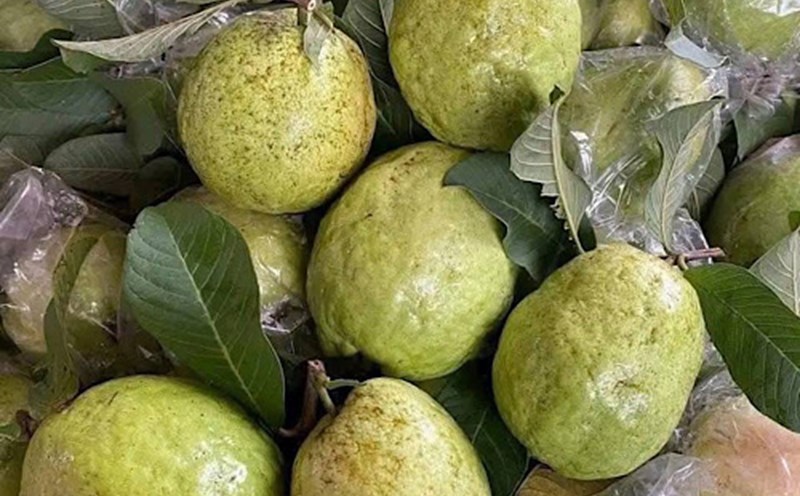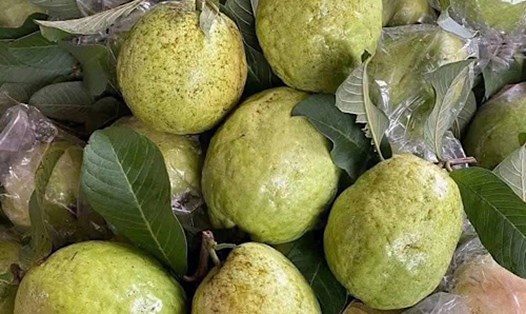First, people with stomach disease or digestive disorders should eat guava carefully. Guava contains a lot of insoluble fiber, so eating it on an empty stomach or even with the skin and seeds can irritate the stomach lining, leading to pain, bloating or indigestion. In particular, people with stomach and duodenal ulcers should avoid eating green guava because the high sandiness in this type of guava can easily increase stomach acid secretion.
Second, people with constipation or colitis problems should also limit their intake of guava. Although the fiber in guava is good for digestion, eating too much, especially whole nuts, can clog the intestines, making constipation worse. People with weak digestive systems should eliminate seeds before eating.
Third, people with diabetes should not eat too much ripe guava. Although guava has a low glycemic index, when cooked thoroughly, the natural sugar content in guava increases, easily causing blood sugar to fluctuate. People with diabetes should eat guava that is slightly green and only eat in moderation.
Although guava is a healthy fruit, not everyone should eat a lot. Therefore, when including guava in the family diet, housewives need to pay attention to the above.
It is best for housewives to stick to choosing the half-ripe, off-seed and eat after main meals to help promote the nutritional benefits of guava without affecting people's health.











